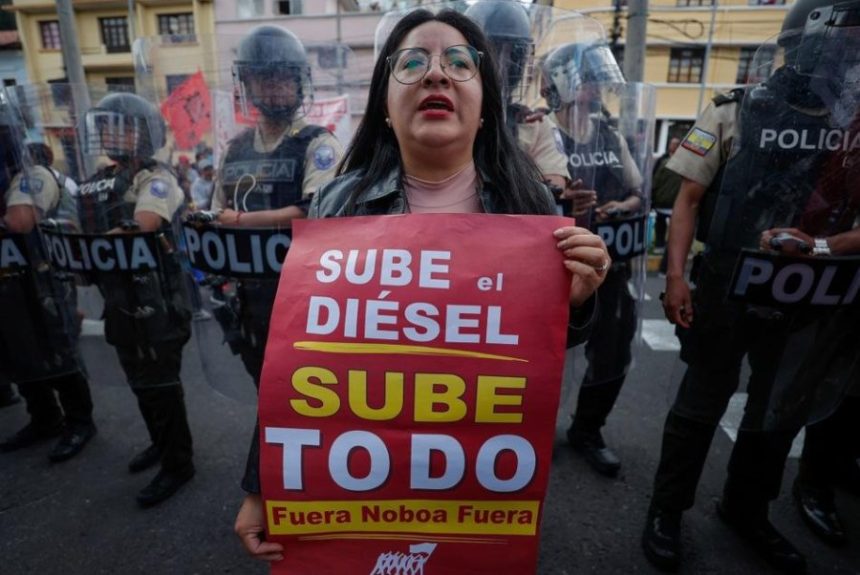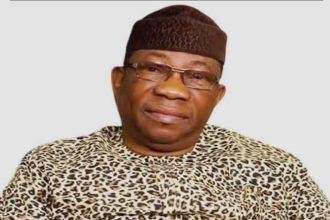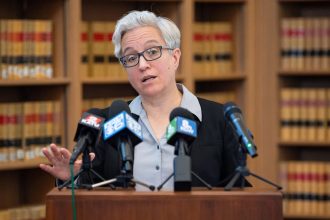Oct. 6 (UPI) — President Daniel Noboa has declared a state of emergency in 10 provinces of Ecuador over “grave internal unrest,” bringing to 12 — out of the country’s 24 — the number of provinces under the measure.
The president’s decision, prompted by escalating Indigenous-led protests over the end of a diesel subsidy and a resulting rise in fuel prices, will remain in effect for 60 days. However, Ecuador’s Constitutional Court has yet to rule after striking down a similar order made just days earlier.
The national strike, called by the Confederation of Indigenous Nationalities of Ecuador, or CONAIE, began Sept. 22 and has entered its 15th day.
CONAIE President Marlon Vargas said the group does not rule out trying to take the capital if the government fails to meet its demands.
“If we have to escalate, we will escalate the national strike; if we have to take the city of Quito, we will take it,” Vargas said.
The end of the diesel subsidy raised the price per gallon from about $1.80 to $2.80. The government said the measure was part of a fiscal adjustment to redirect funds to social and productive programs.
However, the change has hit rural communities, transportation, agriculture and Indigenous groups that depend on fuel as an essential resource.
Protests have spread to at least 12 provinces, with roadblocks and clashes. Imbabura remains the epicenter of the demonstrations as talks between the government and Indigenous groups remain stalled.
Noboa ordered all branches of the Armed Forces and the National Police to coordinate operations to maintain order, prevent violence, protect lives and public safety, and guarantee the right to free movement and economic activity.
The National Association of Flower Producers and Exporters of Ecuador said on X that in the city of Cotacachi, farms were surrounded at dawn by dozens of protesters from rural farming organizations who blocked employees from entering, prevented them from working and forced them under threats to join the strike.
As of Monday, a preliminary estimate from the Chamber of Industries and Production put losses from the strike at more than $70 million — mainly from lost sales and higher logistics costs — with the flower, dairy and tourism sectors among the hardest hit.
In 2022, CONAIE clashed with then-President Guillermo Lasso during 18 days of violent protests over the end of the diesel subsidy. That unrest left eight people dead, including one soldier, and at least 640 injured.
The violence of the past two weeks has left one protester dead and about 80 people detained.
According to local media, while Lasso’s government in 2022 conceded to some of CONAIE’s demands and emerged politically weakened, Noboa appears more secure in office and has responded quickly to the group’s actions with decrees, measures and short but fiery speeches.









